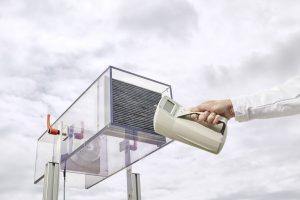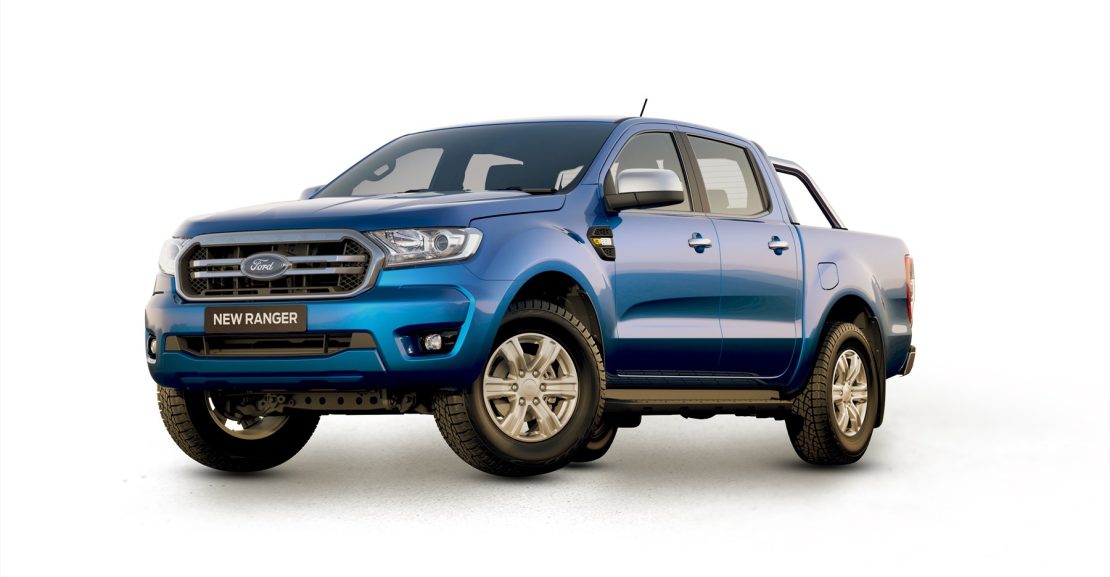-
Pollution levels in city centres can be a concern
-
Ford vehicles are standard equipped with a high-grade cabin air filter to protect you and your family
-
If you use your vehicle everyday be sure to check your cabin air filter every few months
PRETORIA, South Africa, 16 April 2020 – Air quality around the world has been on the decline, but don’t just blame vehicles with low emissions standards; there are other causes of pollution like factories, burning of trash at waste management centres, and dust.
According to data from the World Health Organization, 9 out of 10 people breathe air containing high levels of pollutants. It gets very dangerous when the levels of particulate matter (PM) – composed of nitrates, ammonia, black carbon, and sulphates with a radius of 2.5 microns – are high. This is more commonly known as PM2.5, and they are capable of penetrating people’s lungs and entering the bloodstream.
With the current state of alarm triggered by the Covid-19 pandemic, one has become far more self-aware and thankful for any feature designed to improve personal health and safety. Ford’s cabin air filters, standard equipment across all vehicles, are an often underrated form of everyday protection from pollutants.
While air quality has improved in many densely-populate cities as a result of the extensive lockdowns, once production demands start to recover, air quality will once again suffer.
Currently in cities like Pretoria the pollution level is moderate, according to the Real-time Air Quality Index. Thankfully, Ford vehicles are standard equipped with a high-grade cabin air filter to protect you and your family from harmful pollutants like exhaust fumes from entering the cabin.

How does the Cabin Air Filter protect me?
Much like the other filters in your vehicle, the cabin air filter is specifically designed to separate dust, pollen, and other foreign particles from the air that we breathe in the passenger cabin.
It is positioned at the front of the vehicle’s climate control system to filter the air before entering the cabin area. Not only does it keep us healthy, but it also keeps the climate control system from getting clogged and working inefficiently.
Making sure you’re protected
Ford Motor Company with cabin air filter development partner Freudenberg, the leading cabin air filtration experts, have rigorously tested the cabin air filter before considering its use for the Climate Control System. “Tests show that cabin air filters that are standard in our Ranger and Everest vehicles can catch dust particles that are as small as 0.3µm”, says Dale Reid, Product Marketing Manager at Ford Motor Company of Southern Africa. “To give you an idea of how small that is, the diameter of a hair ranges from 17 to 181µm. This also qualifies the cabin air filter to be a very good pollen filter,” he explains.
Being able to filter micro particles and promote efficient air flow while being durable enough for long term use is a great feat only a specialized cabin air filter can do. “If you use your vehicle everyday be sure to check your cabin air filter every few months. It’s easy to check and replace your cabin air filter, consult your owner’s manual for the specific steps, or go to your preferred Ford dealership,” Reid advises.
A clogged cabin air filter can be bad for your health. The air that circulates in the passenger cabin is 7- to 10-times more concentrated than the air outside. If your vehicle is passing air through a dirty cabin air filter, it increases the risk of having pollutants, exhaust, dust, and other particles enter the cabin. Ford highly recommend replacing the used one with an original spare part cabin air filter to ensure the best protection for the passengers and the Climate Control System.


